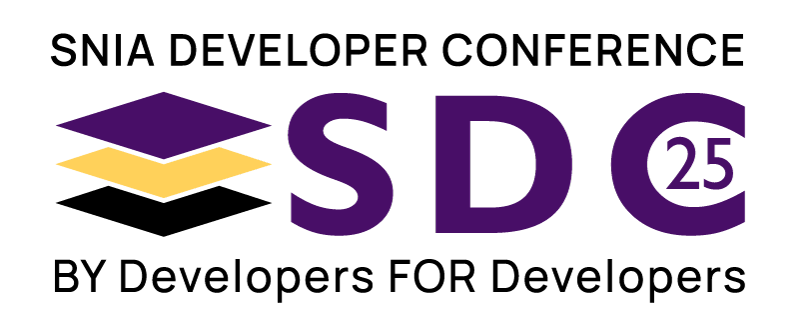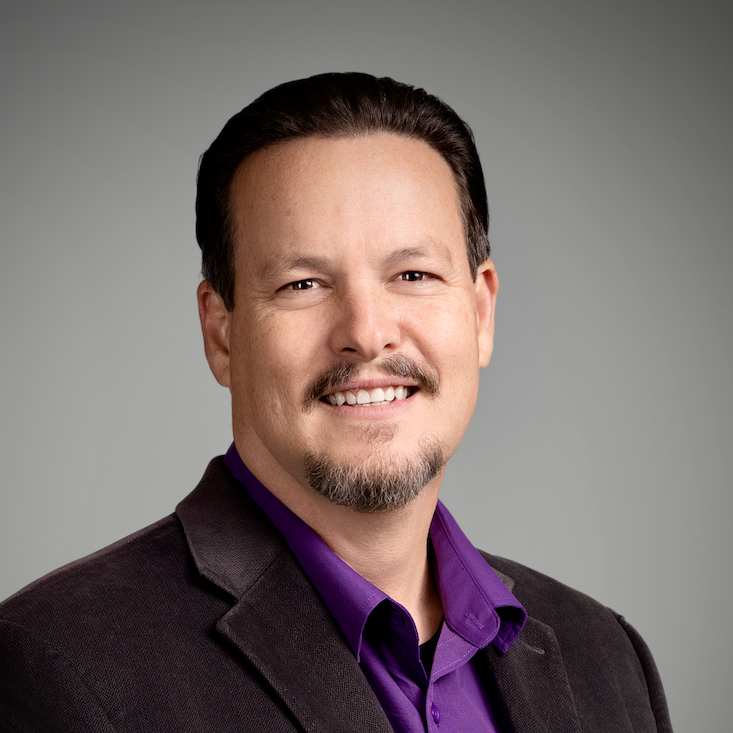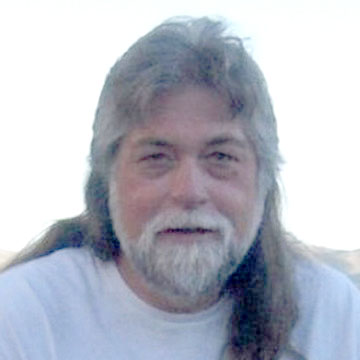
Director of Leadership Narrative and Evangelist,
Solidigm
Scott Shadley is the Director of Leadership Narrative and Evangelist at Solidigm focusing on efforts to drive adoption of new storage technologies and highlight the Solidigm leadership position within the market. Scott is also a 3rd term BoD member of SNIA. Scott is driving technology and fact-based content and communication to showcase the innovative work in storage-based AI, high-capacity SSD for AI, new market developments like computational storage, and security futures like post quantum cryptography. Over his 29 years in the semiconductor and storage space, Scott’s work knowledge includes all forms of semiconductor manufacturing. Recent career focus has been in strategic marketing and customer-focused roles driving current and new product introduction, acceptance, and deployment. He participates in several additional industry efforts including the Open Compute Project (OCP), Linux Foundation, DMTF, and NVM Express. He has industry experience at Micron, STEC, and NGD Systems.
0
0
0
0
0
0
0
0
0
0



